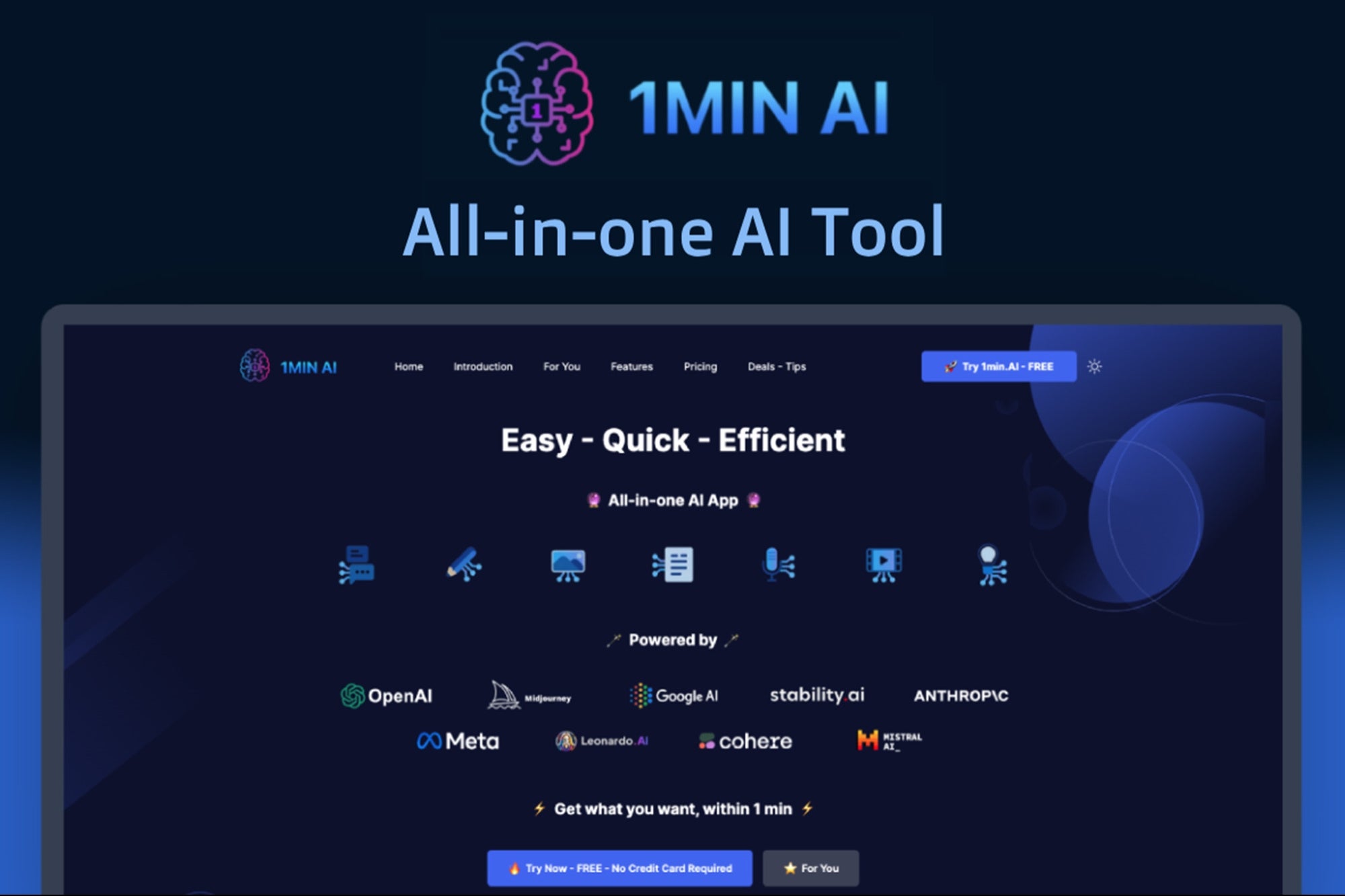Regulator Names McDonald's a 'Joint Employer' The National Labor Relations Board has deemed McDonald's a 'joint employer' – a decision that could redefine franchising as we know it.
By Kate Taylor
Opinions expressed by Entrepreneur contributors are their own.
Updated Wednesday, July 30 at 10:15 a.m. ET
Franchisors may now be held liable for employees' wages, working conditions and more.
The National Labor Relations Board (NLRB) has decided that McDonald's can be considered a "joint employer" for all workers – including those at franchise-owned restaurants.
McDonald's was notified of the board's decision on Tuesday, the Associated Press first reported. The NLRB confirmed in a statement on Wednesday that McDonald's will be named as a joint employer in 43 board-authorized cases involving the franchisor, if parties are unable to reach settlement.
McDonald's has vowed to fight the decision. "McDonald's does not direct or co-determine the hiring, termination, wages, hours, or any other essential terms and conditions of employment of our franchisees' employees – which are the well-established criteria governing the definition of a 'joint employer,'" Heather Smedstand, McDonald's senior vice president of human relations said in a statement.
The decision will likely have far-reaching repercussions throughout the franchise industry.
Traditionally, franchisees have exercised control over employment issues such as hiring, firing and determining pay rates, benefits and schedules. Meanwhile, franchisors stay out of day-to-day operations, focusing on brand standards, training and advertising.
Related: Franchisees Take 7-Eleven to Court for Alleged Racial Discrimination
By maintaining that employment issues are purely franchisee concerns, franchisors – especially fast-food chains, like McDonald's – have dodged criticism and lawsuits over minimum wage and employment practices. Now that McDonald's is considered a joint employer, the burger chain and other franchisors could be on the hook for those responsibilities.
Labor activists have championed the shift, arguing that if franchisors are deemed joint employers, they will be forced to take system-wide action on issues such as minimum wage instead of pushing the issue onto franchisees. Meanwhile, franchise groups, such as the International Franchise Association, have claimed that the shift will reduce franchisees' independence and raise costs for franchisors.
McDonald's plans to challenge the NLRB's decision, according to the report. "This is such a radical departure that it should be a concern to business men and women across the country," Heather Smedstad, senior VP of human resources at McDonald's, told the Associated Press.
The majority of McDonald's stores in the U.S. and beyond are run by franchisees. In 2013, McDonald's had more than 35,400 restaurants operating worldwide, 80 percent of which are franchised.
For better or for worse, the franchising industry has some huge changes on the horizon, at McDonald's and beyond.
Related: New McDonald's Lawsuit Could Redefine Franchising as We Know It










